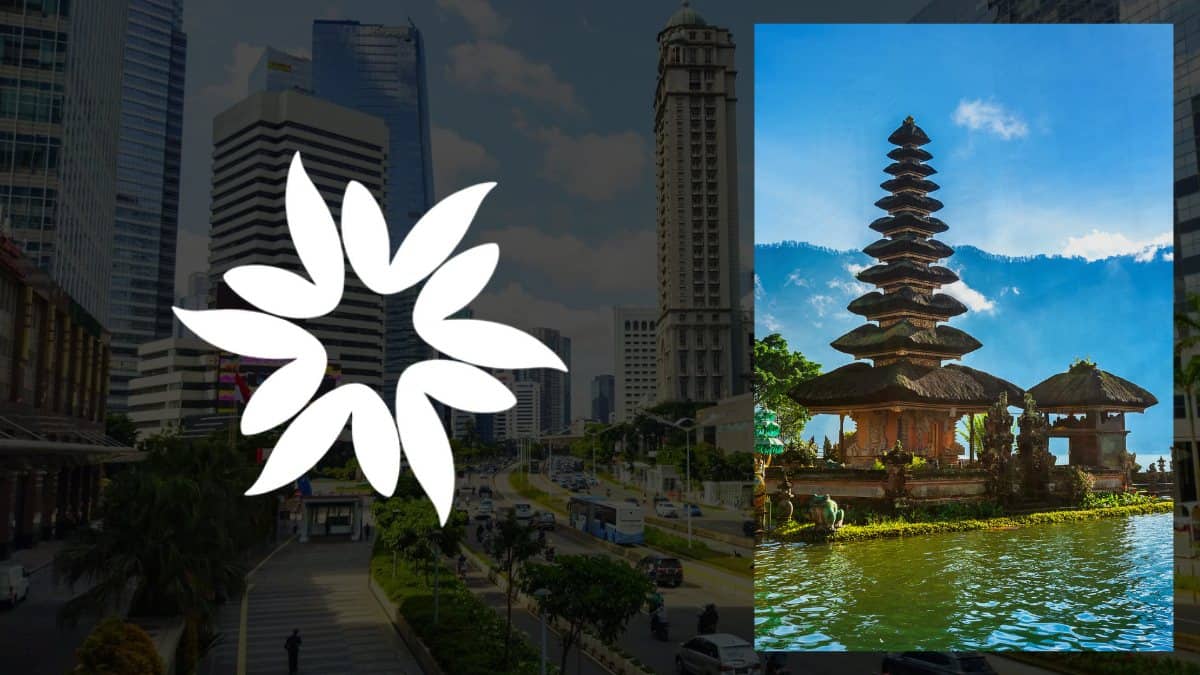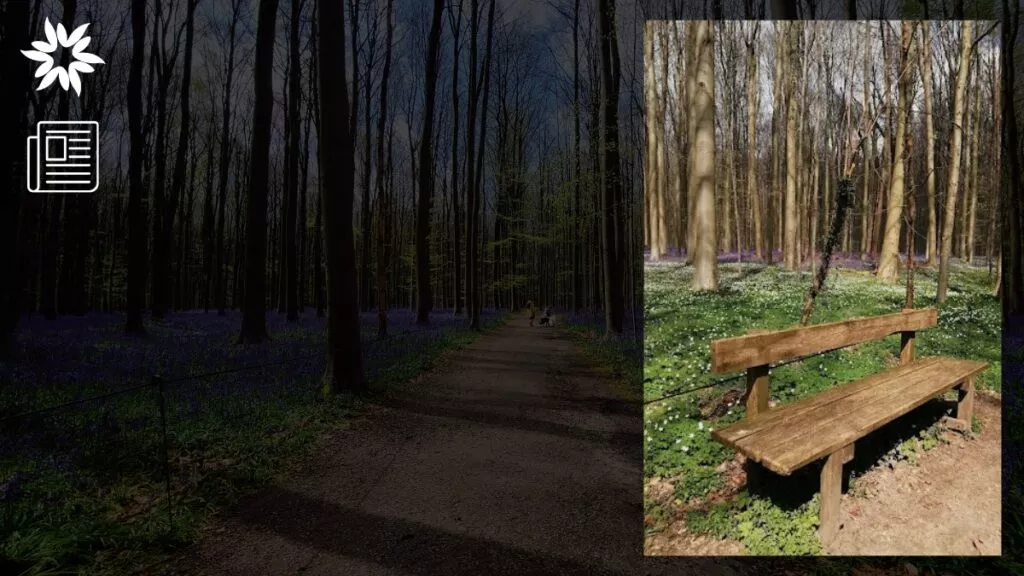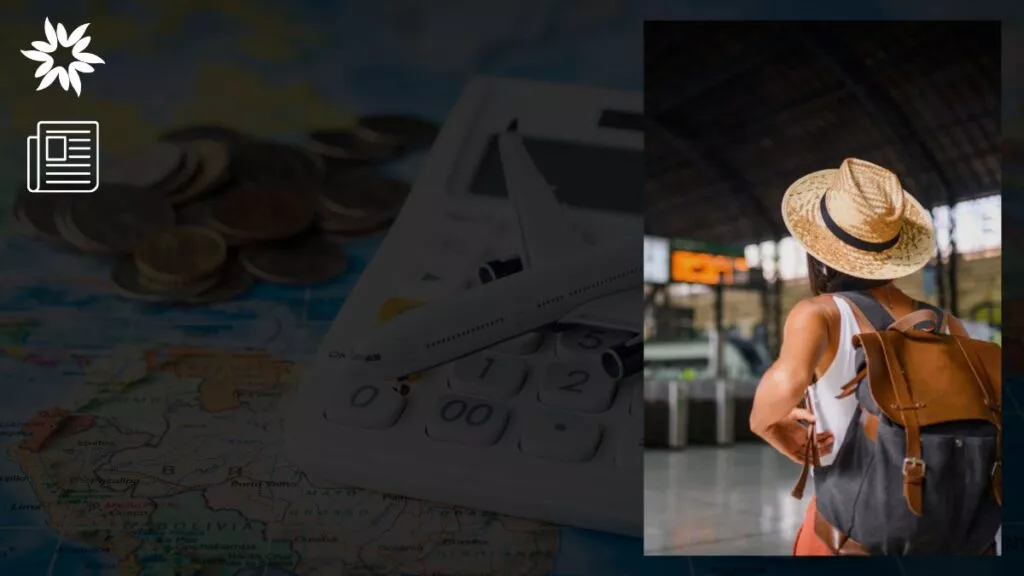Indonesia is one of Asia’s most lively and safest countries. With over 17,000 islands, each offering different adventures, this incredible archipelago has something for everyone.
Whether you want to explore busy cities, relax on peaceful beaches, visit old temples, or wander through lush jungles, you can find all the info right here.
Key Takeaways
- Indonesia offers diverse activities, from thrilling outdoor adventures to rich cultural experiences.
- Top destinations include Bali, Java, Lombok, the Gili Islands, Sumatra, Komodo Islands, Raja Ampat, and Sulawesi.
- Activities range from trekking volcanoes and diving in pristine waters to exploring ancient temples and traditional villages.
Planning Your Trip to Indonesia
Planning a trip to Indonesia is both exciting and challenging due to its vast size and many attractions. To make it easier, here are key tips on the best times to visit, travel requirements, and staying connected to ensure a smooth trip.
Best Time to Visit
Dry Season (April to October):
- Weather: The dry season in Indonesia is characterized by warm, sunny weather and minimal rainfall, making it ideal for outdoor activities like hiking, surfing, and beach visits. During these months, average temperatures range from 24°C to 32°C (75°F to 90°F).
- Activities: This period is perfect for exploring national parks, enjoying water sports, and attending cultural festivals. Popular events include the Bali Kite Festival in July and the Lake Toba Festival in September.
- Tourist Crowds: June to August is the peak tourist season, especially in popular destinations like Bali and the Gili Islands. This leads to higher accommodation prices and crowded spots, so it’s advisable to book accommodations and tours in advance.
Wet Season (November to March):
- Weather: The wet season brings frequent, intense rain showers, particularly in the afternoons and evenings. While temperatures remain warm, the humidity increases significantly. Some regions, like East Java, experience less rainfall than others.
- Activities: Despite the rain, this season offers lush green landscapes and fewer tourists. It’s an excellent time for budget travelers, with lower prices for flights and accommodations. Rainy season activities include exploring rainforests in Sumatra and cultural sites that are less crowded.
- Travel Challenges: The heavy rains can make transportation between islands difficult, as storms may disrupt ferry and flight schedules. Roads in remote areas can also become muddy and hard to navigate.
Indonesia Travel Requirements
- Visa: Most visitors can obtain a visa on arrival, valid for 30 days. It’s crucial to check specific visa requirements based on your nationality before traveling.
- Vaccinations: Recommended vaccinations include polio, yellow fever, and Zika virus. Consult a travel health professional prior to traveling to ensure you have the necessary vaccinations for your trip.
Connectivity
- SIM Cards: SIM cards are easily available from major providers like Telkomsel and have extensive coverage even in remote areas. They can be purchased at the airport, convenience stores, and mobile shops.
- Wi-Fi: Wi-Fi is commonly found in hotels, cafes, and restaurants across the country, making it easy to stay connected during your travels.
8 Top Indonesia Travel Destinations
Indonesia is a vast and diverse country with numerous attractions spread across its many islands. Here are some of the top destinations you should consider visiting:
1. Bali
- Ubud: Known as the cultural heart of Bali, Ubud is famous for its traditional dance performances, arts and crafts, and the stunning Tegalalang Rice Terraces. It’s also a great spot for wellness retreats and exploring lush rainforests. Visit the Ubud Monkey Forest, a sanctuary and temple complex home to hundreds of monkeys. Don’t miss the local art markets and the Puri Saren Royal Palace.
- Kuta: A popular destination for surfers and beach lovers, Kuta offers vibrant nightlife, shopping, and dining options. The beach is perfect for catching waves, and nearby attractions include the Waterbom Bali Water Park and the Beachwalk Shopping Center.
- Seminyak: Known for its upscale resorts, chic restaurants, and trendy boutiques, Seminyak offers a more sophisticated beach experience. Enjoy the vibrant nightlife, luxury spas, and gourmet dining at places like Potato Head Beach Club and Ku De Ta.
- Uluwatu: Famous for the Uluwatu Temple perched on a cliff, this area offers breathtaking sunset views and world-class surfing spots. The Kecak dance performance at the temple is a must-see. Nearby beaches like Padang Padang and Bingin are perfect for relaxing.
- Nusa Penida: A short boat ride from Bali, Nusa Penida is known for its rugged coastline and beautiful beaches such as Kelingking Beach and Crystal Bay. It’s also an excellent spot for snorkeling and diving, with vibrant marine life and coral reefs.
2. Java
- Yogyakarta: A cultural hub, Yogyakarta is the gateway to the famous Borobudur and Prambanan temples. Explore the Sultan’s Palace (Kraton), the Taman Sari Water Castle, and the lively Malioboro Street. Yogyakarta is also known for its batik art and traditional puppet shows.
- Jakarta: The bustling capital city offers a mix of modern and traditional attractions. Visit the National Monument (Monas), the Istiqlal Mosque, and the vibrant neighborhoods of Glodok (Chinatown) and Kota Tua (Old Town). Jakarta also has numerous shopping malls and a thriving culinary scene.
- Bandung: Known as the “Paris of Java,” Bandung offers a cooler climate, colonial architecture, and numerous tea plantations. Attractions include the Tangkuban Perahu volcano and Kawah Putih crater lake, as well as shopping at factory outlets.
- Mount Bromo: Located in East Java, Mount Bromo is an active volcano offering stunning sunrise views. The Bromo-Tengger-Semeru National Park is a popular destination for hiking and exploring unique landscapes.
3. Lombok and the Gili Islands
- Lombok: Less crowded than Bali, Lombok offers pristine beaches, the majestic Mount Rinjani, and beautiful waterfalls like Tiu Kelep and Sendang Gile. Kuta Lombok is a great spot for surfers, while Senggigi offers a more relaxed beach experience.
- Gili Islands: Comprising Gili Trawangan, Gili Meno, and Gili Air, these islands are known for their crystal-clear waters, white sandy beaches, and vibrant coral reefs. Gili Trawangan is famous for its nightlife, while Gili Meno and Gili Air offer a more laid-back atmosphere.
4. Sumatra
- Bukit Lawang: Located in North Sumatra, Bukit Lawang is famous for its orangutan rehabilitation center and the opportunity to see these primates in their natural habitat. The nearby Gunung Leuser National Park is great for trekking and wildlife spotting.
- Lake Toba: The largest volcanic lake in the world, Lake Toba offers stunning scenery and a unique cultural experience with the Batak people. Samosir Island, in the middle of the lake, is perfect for relaxing and exploring traditional villages.
- Padang: Known for its spicy cuisine, Padang is a gateway to the Mentawai Islands, which are popular for surfing. The city itself offers beautiful beaches and cultural sites like the Adityawarman Museum.
5. Komodo Islands
- Komodo National Park: Home to the famous Komodo dragons, this UNESCO World Heritage Site offers unique wildlife experiences and pristine beaches. The park’s marine environment is also ideal for diving and snorkeling.
- Pink Beach: One of the few pink sand beaches in the world, Pink Beach is a stunning spot for swimming, sunbathing, and snorkeling.
6. Raja Ampat
- Diving Paradise: Located in West Papua, Raja Ampat is known for its incredible marine biodiversity and pristine coral reefs. It’s a top destination for divers and snorkelers looking to explore vibrant underwater life.
- Wayag Islands: Famous for their stunning karst landscapes and clear turquoise waters, the Wayag Islands offer some of the best views in Raja Ampat. Kayaking and boat tours are popular activities here.
7. Sulawesi
- Tana Toraja: Known for its unique culture and elaborate funeral ceremonies, Tana Toraja offers a fascinating glimpse into traditional Indonesian life. The area is also known for its stunning landscapes and traditional Tongkonan houses.
- Bunaken National Marine Park: A top destination for diving, Bunaken offers rich marine life and beautiful coral reefs. The park is easily accessible from the city of Manado.
8. Flores
- Labuan Bajo: The gateway to Komodo National Park, Labuan Bajo offers beautiful sunsets, fresh seafood, and access to nearby islands for diving and snorkeling. The town is also a starting point for boat tours to see the Komodo dragons.
- Mount Kelimutu: Known for its three colorful volcanic crater lakes, Mount Kelimutu offers a unique hiking experience and stunning sunrise views.
Navigating Cultural Etiquette and Safety in Indonesia
Traveling to Indonesia is a fantastic adventure, but understanding the local culture and safety guidelines can enhance your experience.
Dressing Modestly
- General Attire: In Indonesia, dressing modestly is important, especially when visiting religious sites or rural areas. Both men and women should avoid wearing revealing clothes. For women, it’s best to cover shoulders and knees.
- Religious Sites: When visiting temples, mosques, or churches, ensure your shoulders and knees are covered. It’s customary to remove shoes before entering these places. Carry a sarong or scarf to cover up if needed.
Greetings and Gestures
- Handshakes: A light handshake is common, often followed by placing the hand on the heart as a sign of respect. For Muslims, particularly women, it’s respectful to let them initiate a handshake.
- Right-Hand Use: Always use your right hand for giving, receiving, or eating. The left hand is considered impolite for these actions due to its association with personal hygiene.
- Pointing: Avoid pointing directly at people. If you need to gesture, use your whole hand or thumb.
Respect for Religion
- Islam: Indonesia is the largest Muslim-majority country. During the holy month of Ramadan, many locals fast from dawn till dusk. Non-Muslims are not required to fast but should avoid eating, drinking, or smoking in public during daylight hours.
- Hinduism in Bali: Hinduism is prevalent in Bali. Respect the rituals and ceremonies, and don’t step on offerings left on the ground (canang sari).
- Other Religions: Christian, Buddhist, and other religious communities exist. Always show respect during religious festivals and ceremonies.
Photography
- Ask Permission: Always ask for permission before taking photos of people, particularly in rural areas and during ceremonies. It’s considered polite and shows respect for their privacy.
Dining Etiquette
- Communal Eating: Meals are often shared, and it’s common to serve yourself small portions. Always wait for the eldest or most senior person to start eating before you do.
- Utensils: Indonesians typically eat with a spoon and fork, the fork being used to push food onto the spoon. Eating with your hands is common in some areas, especially for traditional foods like rice and fish.
General Safety
- Petty Theft: Petty theft, such as pickpocketing, can occur, especially in crowded areas. Keep your valuables secure and be mindful of your surroundings.
- ATMs: Use ATMs located in secure, well-lit areas or inside banks. Be cautious of skimming devices and cover your PIN when entering it.
Health and Hygiene
- Water Safety: Tap water in Indonesia is not potable. Always drink bottled or boiled water to avoid stomach issues commonly known as “Bali belly.”
- Food Safety: Eat at reputable restaurants or street food vendors with high turnover to ensure fresh food. Avoid raw or undercooked foods.
Transport Safety
- Taxis: Use reputable taxi companies like Bluebird or book rides through apps like Grab or Gojek. Ensure the driver’s details match those on the app if you use ride-hailing services.
- Road Safety: Traffic can be chaotic, especially in big cities like Jakarta. Always wear a helmet when riding a motorbike and be cautious as a pedestrian.
Natural Disasters
- Volcanoes and Earthquakes: Indonesia is located on the Pacific Ring of Fire, making it prone to volcanic eruptions and earthquakes. Stay informed about the local situation and follow advice from local authorities in the event of an eruption or quake.
- Tsunamis: Coastal areas are at risk of tsunamis. Familiarize yourself with evacuation routes and stay alert for warning systems if you’re near the coast.
Local Laws
- Drug Laws: Indonesia has very strict drug laws, with severe penalties, including the death penalty, for drug trafficking. Avoid any involvement with drugs.
- Police Registration: If staying in private accommodation (not a hotel), you must register with the local police. Hotels will typically do this for you.
- Public Conduct: Public displays of affection are generally frowned upon, particularly in conservative areas. Respect local customs to avoid offending locals.
Emergency Contacts
- Local Emergency Numbers: Keep a list of local emergency numbers handy. The general emergency number in Indonesia is 112.
- Embassy Contacts: For assistance in emergencies, note the contact information of your country’s embassy or consulate in Indonesia.
Respect for Elders and Authority
- Hierarchical Society: Indonesian society is hierarchical. Show respect to elders and authority figures by addressing them with appropriate titles and showing deference in social interactions.
Social Interactions
- Politeness: Indonesians value politeness and harmony. They avoid confrontations and public disputes, speak in a calm and friendly manner, and try to resolve issues amicably.
- Gifts: It is common to give small gifts as a token of appreciation. Avoid giving sharp objects — which symbolize cutting off the relationship — or items wrapped in black, which is associated with funerals.
Environmental Respect
- Littering: Littering is considered disrespectful. Dispose of waste properly and participate in recycling initiatives where available.
- Conservation: Many areas in Indonesia are environmentally sensitive. Follow guidelines to protect wildlife and natural habitats, especially in national parks and marine reserves.
Language
- Bahasa Indonesia: This is Indonesia’s official language. Learning a few basic phrases can be very helpful.
- Useful Phrases:
- Hello: “Halo”
- Thank you: “Terima kasih”
- Yes: “Ya”
- No: “Tidak”
- Excuse me: “Permisi”
- Goodbye: “Selamat tinggal”
Ready for an Exciting Indonesian Travel Adventure?
Indonesia offers endless possibilities for adventure and cultural experiences. From exploring ancient temples in Java to diving in the pristine waters of Raja Ampat, there’s something for everyone.
Whether you’re hiking up volcanoes, surfing world-class waves, or immersing yourself in local traditions, Indonesia promises unforgettable memories.
Start planning your Indonesian adventure today and discover the wonders of this incredible archipelago!








